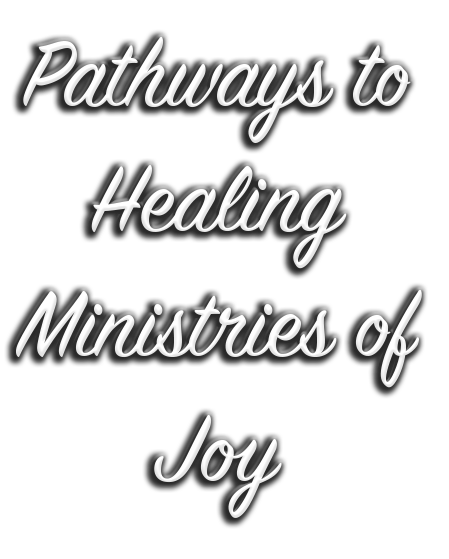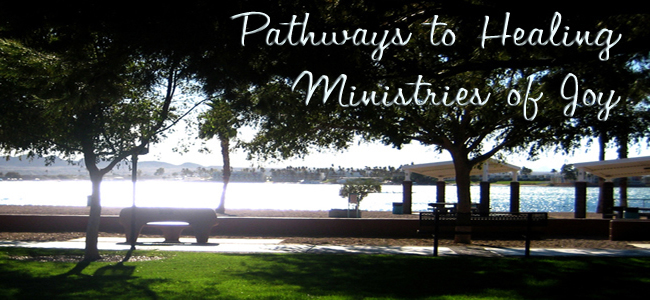Consider this: Shame can be false. False shame is entirely different from true shame. True shame comes when we are guilty of doing something we know is wrong. False shame can come from feeling defaced, or changed, as a result of another person sinning against us. A good example of this is when shame is felt after bing victimized by another person. One example comes through sexual or spousal abuse or rape. Another example is seen when one verbally abuses and berates another person. Being wounded in these ways may well cause a felt sense of false shame.
When it comes to true guilt, this is what God says about our sin (failures and harm done to self and others): God has compassion on us and “will tread our sins underfoot and hurl all our iniquity into the depths of the sea (Micah 18-19).” It is our heavenly Father’s love–and Jesus’ intercessions for us– that brings this amazing mercy to our souls.
If you are carrying shame, this is not God’s will for you. He has carried it for you through Jesus. When the shame strikes your heart, simply lift it up and in your mind’s eye see the cross as a reminder that God has taken it. Breath it away and thank Jesus, your Savior. Give him praise for lifting your burden.
When we commit ourselves to the mercy and love of God, He shelters us, forming, shaping, and empowering us. As we read Scripture and learn more about this great Creator, who brought us into life, we learn how to live more and more surely by the following four principles. As these are premises that we know in our hearts to be right:
1. Respect for autonomy: This is the principle that a rational individual should be free in personal decision-making, without undue outside coercion.
2. Justice: The requirement for fair, moral, and impartial treatment of all persons.
3. Beneficence: The mandate to treat others in their best interest.
4. Nonmaleficence: “first do no harm” (as in the Hippocratic Oath).
These ethical principles have been–and ever are–honored in most instances by people throughout history regardless of the fact we hold varied religious beliefs and have widely different world views. It lies within our conscience to adhere to these four ethical principles. And when we cross them our conscience allows us to feel a pinch. I believe this speaks of the truth that we are “made in the likeness and image of God.” God is ever speaking to us, gently and quietly within our souls, wanting us to live by these high principles– wanting us to have love, respect, peace, and joy as the fulcrum of our lives. It is obvious within both the Old and New Testaments of the Bible that God does not want us to live with shame, guilt, and self sorrow. Praise be to His name. For He has great goodness in store for all who seek truth and wisdom.
(A longer article on this subject may be found on my website, click HERE.)


Leave A Comment